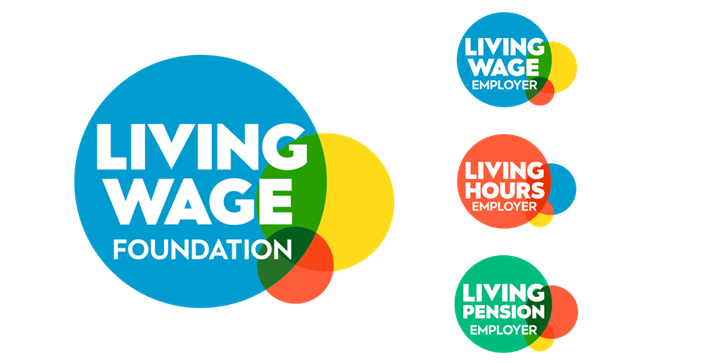More than nine in ten charities that support women and girls are reporting a rise in demand, which only around a half believe they will be able to meet.
The proportion facing an increase in demand is larger than being experienced within the wider charity sector, where two in three charities are reporting a rise.
The figures have been revealed in a report by think tank Pro Bono Economics that has been commissioned by Rosa, which funds women and girls’ charities.
Without support charities supporting women and girls face a “looming crisis”, according to the report.
Among the hardest hit are global majority women and girls charities. More than a quarter of these charities cite rising costs as a concern “reflecting the disproportionate challenges faced by these organisations”, states the report, which says they already “operate on limited resources”.
Lobbying is among areas of work by women and girls charities that is under threat as it looks to meet demand. Just under half said they would expand their influencing and advocacy work if they had more resources or funding.
There are around 7,400 registered charities and 300 community interest companies run by and for women and girls, details the support. This amounts to at least 3.5% of all charities.
The most common areas of their work are around ending violence and supporting health. This includes offering emergency shelter, counselling, training and mentorship as well as clinical support.
“Women’s and girl’s organisations are vital to our society,” said Rosa executive director Rebecca Gill.
“Every single change that has benefited women over the last 200 years has been pioneered by women and girls organising and mobilising.
“Yet the organisations we run and rely on remain chronically underfunded. This lack of investment puts our sector at risk. And it puts women and girls at risk.
“Now, more than ever, the women and girls’ sector needs investment to ensure its sustainability and impact for the future.”
Pro Bono Economics research and policy analyst Beth Kitson added that the government’s ambition to halve violence against women and girls within a decade relies on charities that support them.
“Right now, these often small but vital organisations are underfunded, under-recognised and are at considerable risk.”
Partnership building
The report recommends women and girls’ charities “build partnerships, gather data and share information to ensure the women and girls’ sector can make the biggest impact with its limited resources”.
Collaborative funding to support more charities in the sector is also needed.
“Stop making us compete with each other and expend so much of our time clamouring for piecemeal funding,” said one charity in the sector.
The report’s findings are “depressingly familiar”, said Jan Macleod, manager of Greater Glasgow based Women’s Support Project.
“We have years of experience of successfully securing funding for direct services, but since 2022 our success rate has plummeted,” she said.
“Trusts seem to have less money to distribute, and they are hugely oversubscribed; feedback for every single unsuccessful application has been a version of ‘good application but unsuccessful on this occasion’.
“At a time of growing need how can we be forced to compete with other essential women’s and girl’s organisations for smaller and smaller pots of funding? It just isn’t sustainable.”
Latest News
-
Paying fundraisers a commission can harm their wellbeing, think tank warns
-
Regulator finds misconduct at late-filing private Catholic school
-
Monday movers - 2 February
-
Tactics of most successful event fundraisers revealed
-
Leadership diaries: From open-top buses to boardrooms
-
Number of late filing charities increases by 51% in a year
Charity Times video Q&A: In conversation with Hilda Hayo, CEO of Dementia UK
Charity Times editor, Lauren Weymouth, is joined by Dementia UK CEO, Hilda Hayo to discuss why the charity receives such high workplace satisfaction results, what a positive working culture looks like and the importance of lived experience among staff. The pair talk about challenges facing the charity, the impact felt by the pandemic and how it's striving to overcome obstacles and continue to be a highly impactful organisation for anybody affected by dementia.
Charity Times Awards 2023
Mitigating risk and reducing claims

The cost-of-living crisis is impacting charities in a number of ways, including the risks they take. Endsleigh Insurance’s* senior risk management consultant Scott Crichton joins Charity Times to discuss the ramifications of prioritising certain types of risk over others, the financial implications risk can have if not managed properly, and tips for charities to help manage those risks.
* Coming soon… Howden, the new name for Endsleigh.
* Coming soon… Howden, the new name for Endsleigh.
Better Society

© 2021 Perspective Publishing Privacy & Cookies













Recent Stories